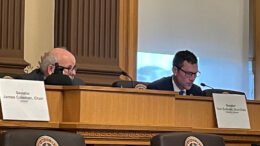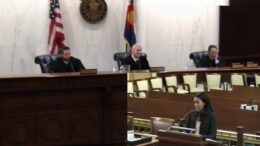Court of Appeals: Colorado’s database of law enforcement officers will remain confidential
Colorado’s Peace Officer Standards and Training (POST) board is a criminal justice agency, and it did not abuse its discretion by denying two news organizations’ requests for the state’s database of certified and decertified law enforcement officers, the Colorado Court of Appeals decided.









